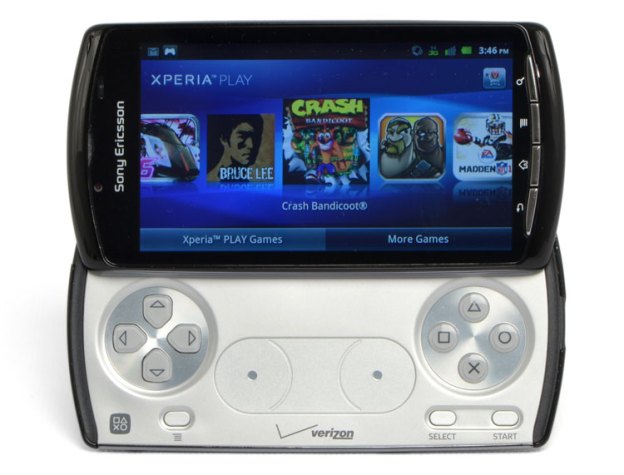
Handset maker Sony Ericsson announced today a net loss of $70.7 million dollars in the second quarter of 2011. The erosion in revenue is mostly due to disruptions to its components supply chain that resulted from the calamitous earthquakes and tsunami that hit Japan in March. The natural disasters prevented the company from shipping approximately 1.5 million phones.
In total, Sony shipped 7.6 million handset units. That is down from the 8 to 11 million it expected to ship, and 32 percent less than than the same period last year.
“We estimate that the impact of earthquake-related supply chain constraints on our portfolio was close to 1.5 million units, with most of the effect in the early part of the quarter,” says Sony Ericsson Chief Executive Bert Nordberg.
The primary impact of the disaster took place in the spring, the company said. But Sony Ericsson still faces challenges. The company is down about $317 million in cash flow, at least partly because of inventory build-up. And the price of cell phones has has dropped by about three percent. Despite this, Norberg says that they believe the worst has passed.
And there’s good reason for Sony Ericsson to be hopeful. The company has begun to more aggressively adopt the Android platform for its smartphone lines. Android devices now make up 70 percent of the company’s smartphone lineup. And sales of those devices are up 150 percent.
Sony Ericsson has announced a total of eight new Android phones so far this year. Its Android-based Xperia Play device debuted at the end of the first quarter. The handset is geared towards gamers, with a slide out control pad in place of a keyboard. A number of other Xperia models, like the high-end Xperia Arch, and the smaller and less-expensive Xperia Neo, have also launched.


